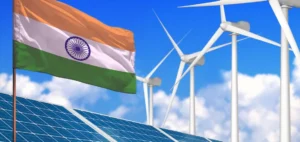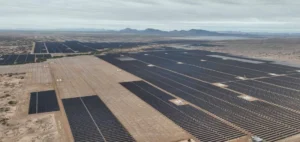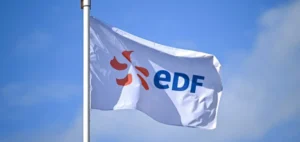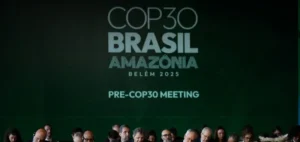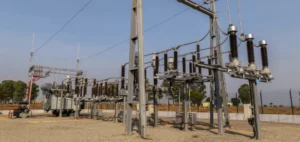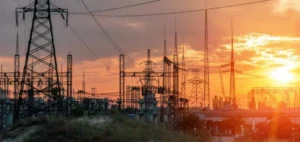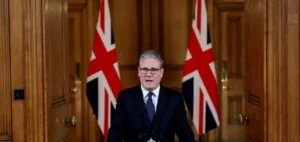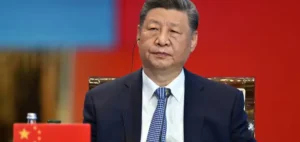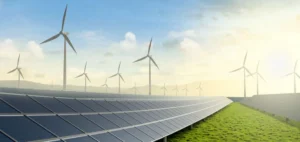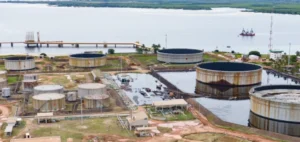EU member states and MEPs have agreed on the distribution of efforts to reduce the continent’s greenhouse gas emissions and on the possibilities of carrying over or trading emission allowances between countries.
With COP27 climate talks in full swing, negotiators from the European Parliament and the 27 member states have agreed to binding annual emissions reduction targets for sectors (road transport, heating of buildings, agriculture, small industrial plants and waste management) accounting for about 60% of total EU emissions.
These targets vary from country to country, “depending on GDP per capita and cost-effectiveness”: by 2030, they range from a 10% reduction (compared to 1990) for Bulgaria to a 50% reduction for Denmark, Germany, Finland and Sweden. France has been imposed a 47.5% reduction.
For the sectors concerned, the EU will have to reduce its emissions by a total of 40% by 2030.
The non-targeted sectors are already covered by the carbon market and other regulations: the EU’s ambitious climate plan aims to slash its total emissions, all sectors combined, by 55% by 2030, compared to 1990.
MEPs and Member States have adopted without modification the country targets proposed by the European Commission, accompanied by a stricter trajectory, but also by some relaxations.
“A balance has been found between the need for flexibility for countries, while ensuring a fair and socially equitable transition, and the need not to compromise the climate plan,” summarizes a statement from the European Parliament.
Countries that are struggling to meet their obligations will be able to buy emissions “allowances” from states that are doing better than expected, up to a limit of 10% of allowances for 2021-2025, and 15% for 2026-2030. “The proceeds of these exchanges will have to be allocated to climate action,” the statement said.
Similarly, States may “borrow” allowances from the following year to use them in years when their emissions exceed the annual cap, up to a limit of 7.5% of the allowances concerned in 2021-2025, and then 5%.
Conversely, in years when their emissions are lower, States will be able to “save” part of their unused allowances for the following year.



